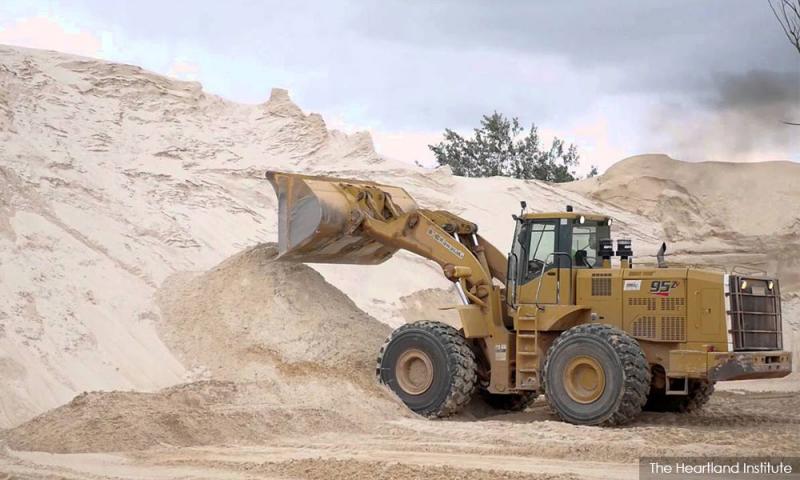LETTER | CAP urges the Malaysian government to ban sand exports
LETTER | The Consumers’ Association of Penang (CAP) calls for a total ban on sand exports and revocation of approved permits (APs) issued for river sand exports.
Our call is in the wake of media reports that the Ministry of Energy and Natural Resources has so far issued 11 APs for river sand exports.
It was reported that AP holders are allowed to export river sand and other minerals to Brunei, China, Taiwan, South Korea, Vietnam, Hong Kong, India, Japan and Maldives.
Data for sand exports accessed from the United Nations Statistics Division - Commodity Trade Statistics Database reveals that in 2017 total sand (HS 2017 code 2505: sands of all kinds other than metalbearing sands) exports from Malaysia amounted to 1.88 billion kg, with about 95 percent exported to Singapore.
In 2018, sand exports from Malaysia saw a slight decrease to 1.69 billion kg while Singapore was once again the largest importer with 94.7 percent of Malaysian sand sent to our neighbour. Malaysia then decided to ban sea sand exports to Singapore during the premiership of Dr Mahathir Mohamad in 2018.
River sand, however, is still being exported through the issuance of APs. It is indeed disconcerting to find that our natural resources are exploited no matter who is in power. There is nary care for the environment.
With the issuance of APs for river sand exports, we are concerned about impacts on the environment and the people. With increasing local demand and exports, we are also worried that sand extraction rates from the rivers would exceed natural sand replenishment rates.
Some environmental impacts of river sand mining that we have observed and received complaints over the years are downstream erosion and related impacts such as damage to infrastructure, public property, loss of farmland and river reserves.
The aquatic habitat is also affected due to disruption to spawning beds, nursery habitat, shellfish habitat and riparian habitat. The removal of sand from a river will alter the channel and river hydraulics, cause degradation of water quality as the river becomes more turbid.
Besides other impacts to the river ecosystem, sand mining also causes resuspension of organic and toxic materials, further degrading the water quality.
CAP has also encountered many administrative and enforcement issues relating to sand mining. Among them is that technical conditions or requirements are constantly flouted by the sand miners.
There is also a problem of monitoring to check whether operators are adhering to the technical conditions, or extraction of sand is above the allowed capacity. Then there is the issue of illegal sand mining and sand theft, some backed by organised crime.
Rising demand for river sand and issuance of APs for sand exports will open the floodgates to more damages and these damages are irreversible. We need to reduce consumption, avoid unnecessary natural sand consumption in construction projects and stop wasteful use such as for reclamation and luxury projects.
What the Malaysian government needs to do is to take cognizance that sand is a finite and limited resource. The world is running out of sand, and many countries have started imposing bans on exports.
Malaysia should do the same and protect our precious natural resource. Stop exporting sand just to fill the coffers of a few.
MOHIDEEN ABDUL KADER is the president of the Consumers’ Association of Penang (CAP)
The views expressed here are those of the author/contributor and do not necessarily represent the views of Malaysiakini.
RM12.50 / month
- Unlimited access to award-winning journalism
- Comment and share your opinions on all our articles
- Gift interesting stories to your friends
- Tax deductable
